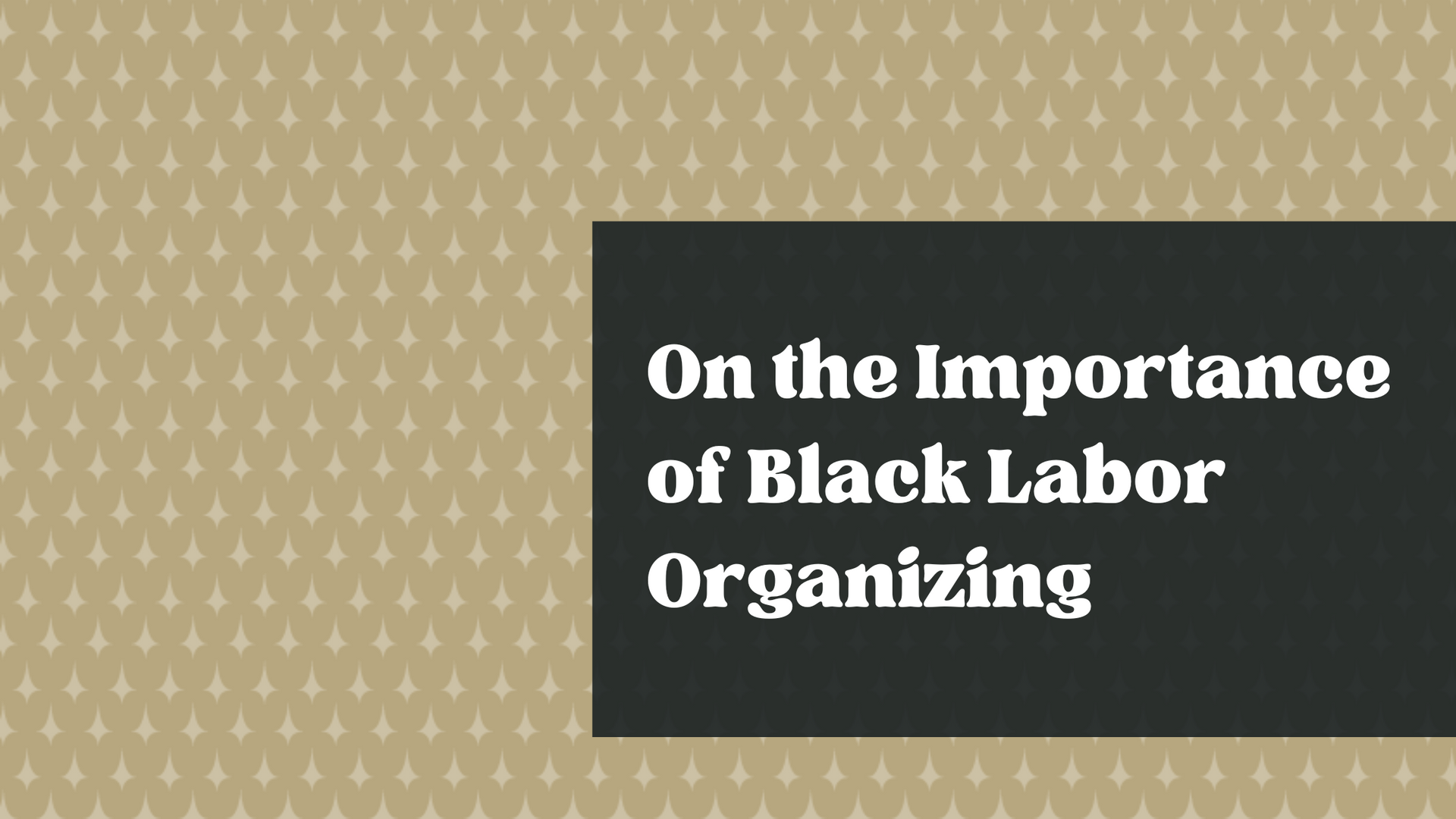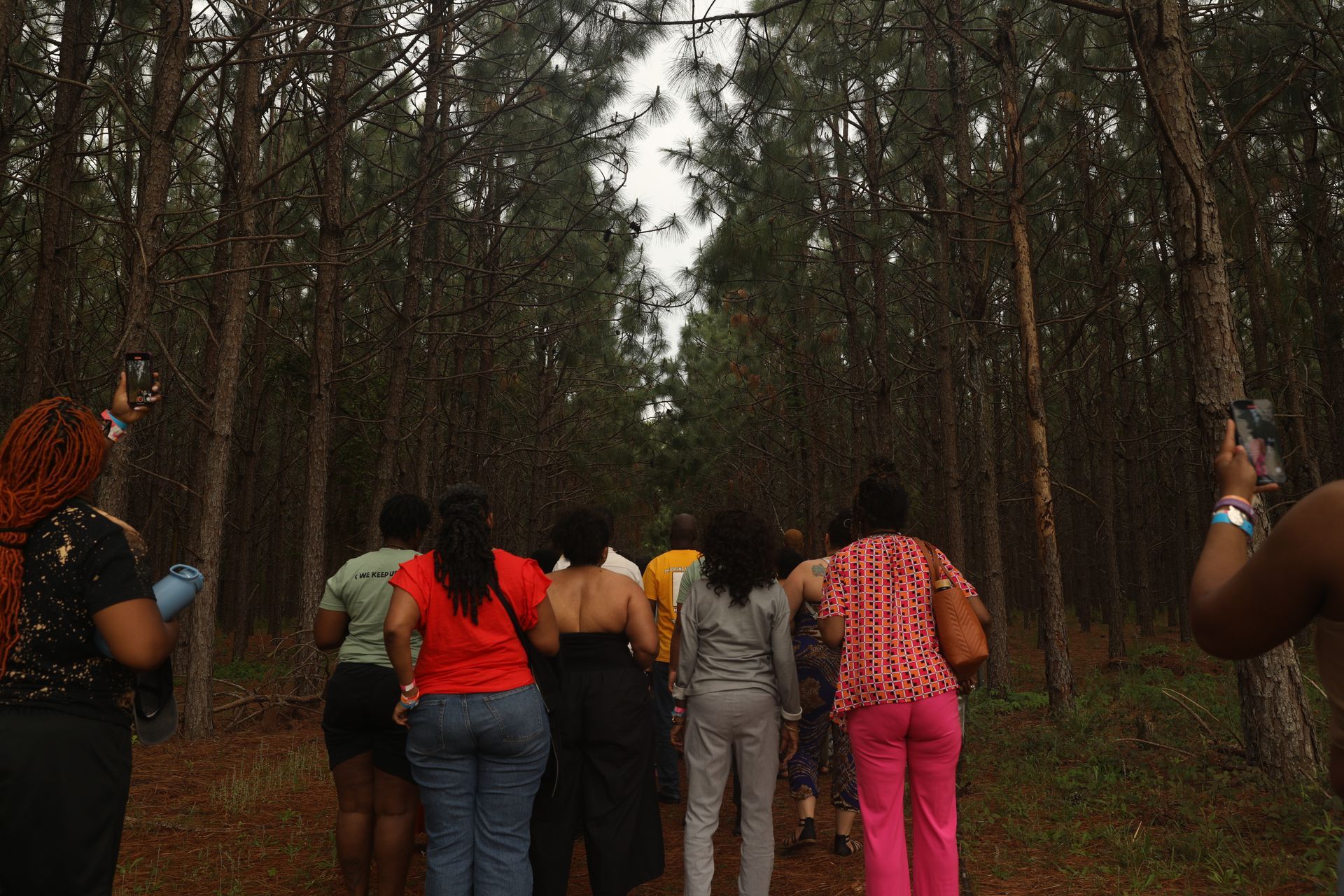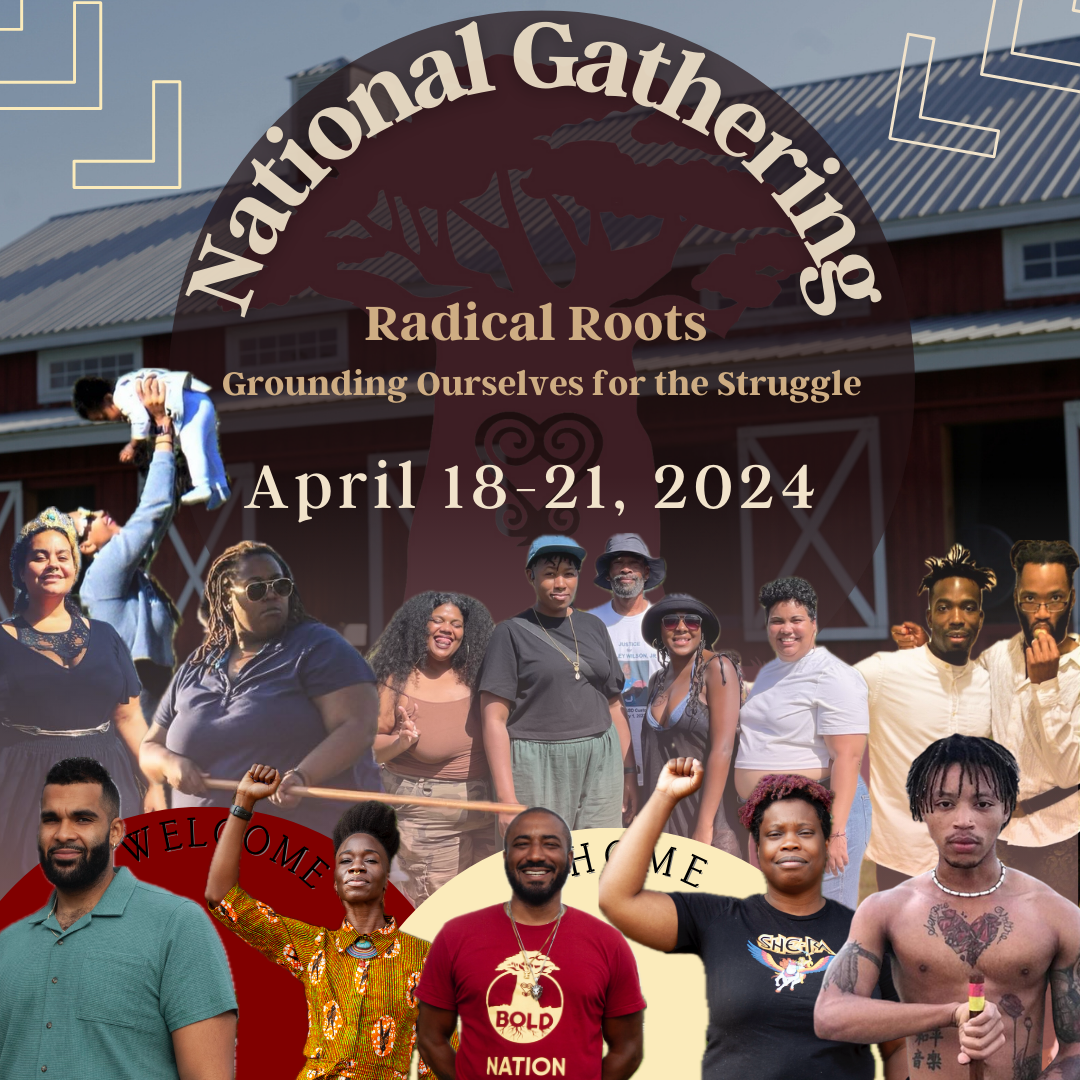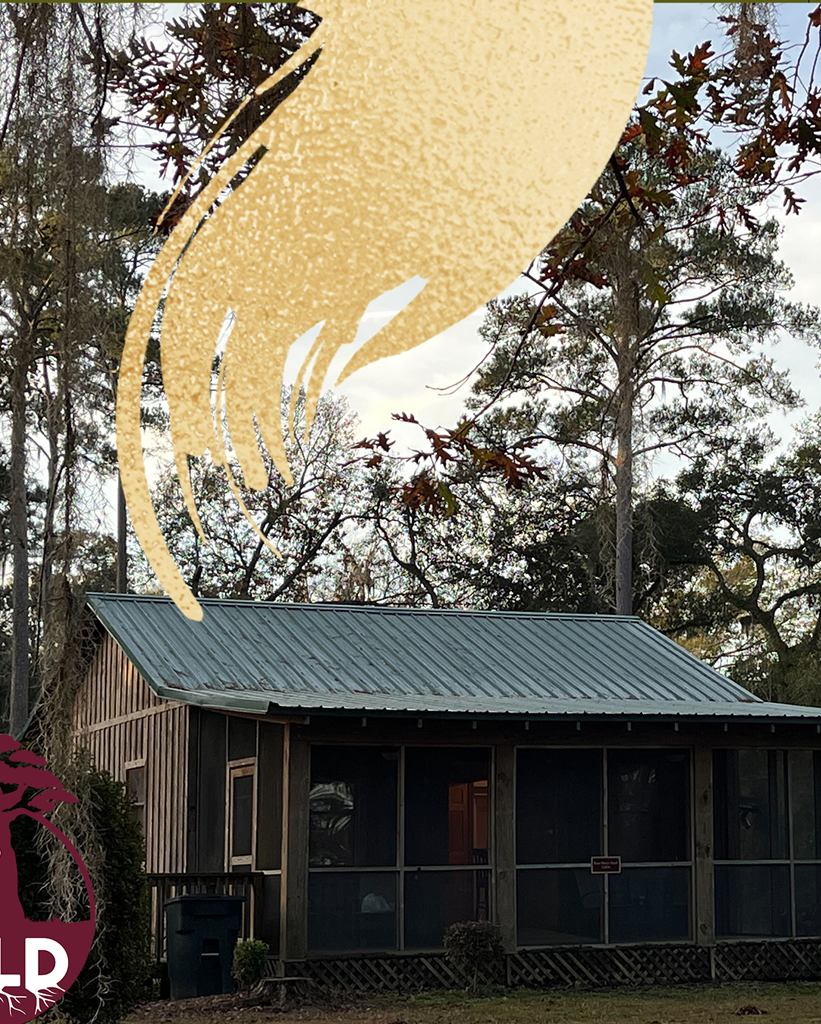Mother's Day--To our Black Mamas
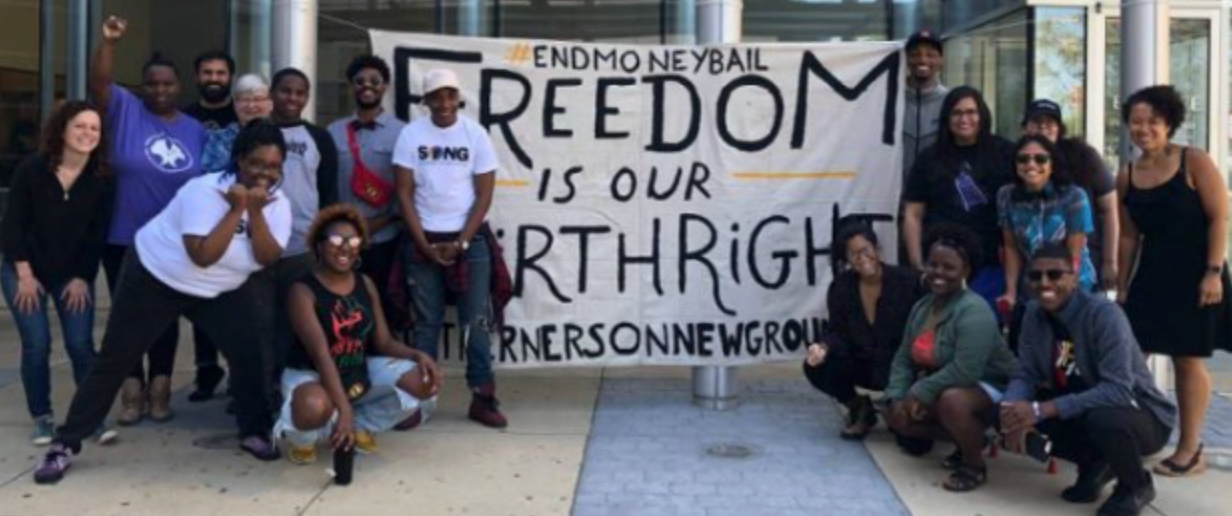
Photo Caption-Southern's on New Ground
Seven years ago, fellow BOLD alums Courtney Sebring, and Aaron Jamal co-wrote this poem as an offering to Black mamas. Over the years, their roles, organizations, and responsibilities have changed, but their commitment to the full life, whole love, and freedom of Black mamas has never been more alive. BOLD is re-sharing their offering as a thank you to all Black mamas and those who love ‘em!
We are also taking this moment to uplift
Southerners On New Ground (SONG).
SONG is a member of the
National Bailout,
which is a Black-led and Black-centered collective of abolitionist organizers, lawyers, and activists building a community-based movement to support our people in abolishing pretrial detention systems and dismantling the prison industrial complex. Please donate to their general fund that supports Black mamas this Mother’s Day and all year long:
https://secure.actblue.com/donate/freeblackmamas
Finally, we are proud to uplift another BOLD alumni-led organization, Michigan Liberation. For the past four years, they’ve held a Mother’s Day Bail Out, “successfully raising grassroots dollars that have resulted in dozens of bailouts, interruptions of the money bail system, and reunited families.” Learn more about how to support their work here.
To our Black Mamas
This is for our Black mamas. All of them.
The ones who died at the hands of the state or at the hands of a partner.
The ones who have done time and the ones who are still sitting in cages.
This is for all the Black mamas who had their children taken away from them.
And all of the Black mamas who were taken away from their children.
This is for Tamir's mama.
This is for Korryn Gaines.
This is for our Black mamas. All of them.
This is for our Black queer mamas, our Black trans and gender non-conforming mamas.
This is for our Black mamas facing poverty, addiction, homelessness, or mental illness.
This is for our Black mamas who had to fight for their motherhood.
This is for the Black mamas who didn't have a choice.
This is for our Black mamas who can't afford childcare during their job interviews and leave us in the car with the window open.
This is for our Black mamas who have stolen to put food in our mouths, to put clothes on our backs, to put a roof over our heads.
The ones who are shamed and criminalized for making a way when there isn't one.
The ones who do what they have to.
This is for our Black mamas.
The ones who build and rebuild home after every displacement.
The ones who pick up extra shifts so we can go on the field trips.
The ones who help us with homework that they don't know the answers to.
This is for the Black mamas who can turn the backyard into a water park with a hose
and a kiddie pool.
The ones who know laughter is medicine.
The ones who taught us survival is resistance.
The ones who showed us that no one can ever take our joy.
This is for our Black mamas who created the village that raised us.
The ones who know we're starting in last place but still push us to win.
The ones who build us sturdy because they know this life will never be gentle with us.
The ones who watch us leave every morning without knowing whether we'll come back.
This is for our Black Mamas who remind us that we are valid.
The Black mamas who unclench our fists and lift our chins.
The ones who rub salve into our wounds and wipe our tears.
The ones who hold us when we have no fight left.
This is for our Black mamas.
The ones who say yes to loving us when the world says no.
The ones who guide our souls towards radical care.
This is for our Black Mamas who never hear thank you enough. We could never thank you enough.
Thank you.
